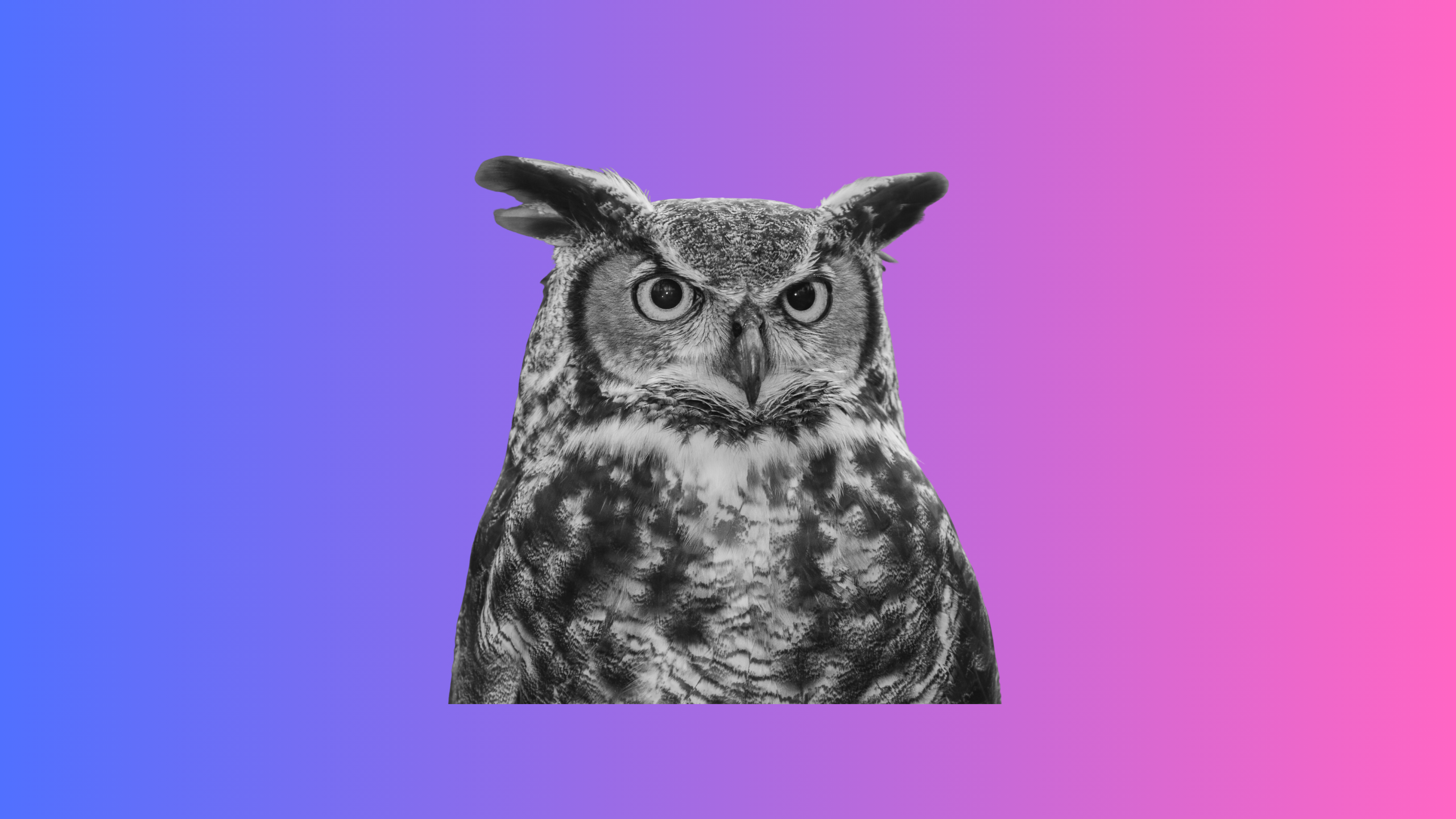In the grand tapestry of human existence, two intertwined threads have woven themselves deeply into the fabric of our lives: knowledge and wisdom. These two concepts often overlap, yet they possess distinct qualities and play unique roles in shaping our understanding of the world.
Knowledge: The Foundation of Understanding
Knowledge, often described as the accumulation of facts, information, and data, is the bedrock upon which our understanding of the world is built. It is the information we gain through education, experience, reading, and learning. Knowledge is quantitative and can be measured by the depth and breadth of information one possesses.
In today's information age, acquiring knowledge has never been easier. We have access to vast repositories of information at our fingertips. From encyclopedias to online courses, the world has become a classroom without borders. Knowledge, however, is only the first step on the path to wisdom.
Wisdom: The Application of Knowledge
Wisdom, on the other hand, transcends the mere acquisition of information. It is the ability to apply knowledge in a discerning and prudent manner. Wisdom requires not only an understanding of facts but also the ability to make sound judgments and decisions based on that knowledge.
Wisdom often comes with experience and reflection. It's the product of learning from mistakes, understanding the nuances of human behaviour, and having a deep insight into the consequences of our actions. Wisdom guides us in making ethical choices and fosters a sense of empathy and compassion towards others.
The Interplay Between Knowledge and Wisdom
Knowledge and wisdom are not opposing forces but rather complementary aspects of human cognition. Knowledge provides the raw materials, while wisdom shapes and refines them. Wisdom without knowledge can be limited and uninformed, while knowledge without wisdom can lead to imprudent actions and decisions.
Consider a medical practitioner: they need the knowledge of medical science (facts, diagnoses, treatments) but also the wisdom to apply that knowledge effectively, considering the patient's unique circumstances, ethical principles, and long-term consequences.
The Search for Balance
In our quest for personal and societal growth, it's essential to strike a balance between knowledge and wisdom. Here are a few strategies to help achieve this equilibrium:
- Continuous Learning: Continuously seek knowledge through education, reading, and exposure to new experiences.
- Reflection: Take time to contemplate and analyze your experiences, allowing them to evolve into wisdom.
- Mentorship: Seek guidance from those with more experience to gain insights and wisdom from their journeys.
- Empathy: Cultivate empathy to understand the perspectives and emotions of others, enabling you to apply knowledge with wisdom and compassion.
- Critical Thinking: Develop critical thinking skills to evaluate information and make informed decisions based on both knowledge and wisdom.
The journey of life involves a delicate dance between knowledge and wisdom. Knowledge provides us with the tools, while wisdom guides us in their judicious application. As we navigate the complexities of our ever-changing world, let us remember that true enlightenment comes not from the possession of facts alone but from the wise use of that knowledge to better ourselves and the world around us.



In the grand tapestry of human existence, two intertwined threads have woven themselves deeply into the fabric of our lives: knowledge and wisdom. These two concepts often overlap, yet they possess distinct qualities and play unique roles in shaping our understanding of the world.
Knowledge: The Foundation of Understanding
Knowledge, often described as the accumulation of facts, information, and data, is the bedrock upon which our understanding of the world is built. It is the information we gain through education, experience, reading, and learning. Knowledge is quantitative and can be measured by the depth and breadth of information one possesses.
In today's information age, acquiring knowledge has never been easier. We have access to vast repositories of information at our fingertips. From encyclopedias to online courses, the world has become a classroom without borders. Knowledge, however, is only the first step on the path to wisdom.
Wisdom: The Application of Knowledge
Wisdom, on the other hand, transcends the mere acquisition of information. It is the ability to apply knowledge in a discerning and prudent manner. Wisdom requires not only an understanding of facts but also the ability to make sound judgments and decisions based on that knowledge.
Wisdom often comes with experience and reflection. It's the product of learning from mistakes, understanding the nuances of human behaviour, and having a deep insight into the consequences of our actions. Wisdom guides us in making ethical choices and fosters a sense of empathy and compassion towards others.
The Interplay Between Knowledge and Wisdom
Knowledge and wisdom are not opposing forces but rather complementary aspects of human cognition. Knowledge provides the raw materials, while wisdom shapes and refines them. Wisdom without knowledge can be limited and uninformed, while knowledge without wisdom can lead to imprudent actions and decisions.
Consider a medical practitioner: they need the knowledge of medical science (facts, diagnoses, treatments) but also the wisdom to apply that knowledge effectively, considering the patient's unique circumstances, ethical principles, and long-term consequences.
The Search for Balance
In our quest for personal and societal growth, it's essential to strike a balance between knowledge and wisdom. Here are a few strategies to help achieve this equilibrium:
The journey of life involves a delicate dance between knowledge and wisdom. Knowledge provides us with the tools, while wisdom guides us in their judicious application. As we navigate the complexities of our ever-changing world, let us remember that true enlightenment comes not from the possession of facts alone but from the wise use of that knowledge to better ourselves and the world around us.
Read Next
Is Consuming Coffee Healthy?
Coffee, the aromatic drink cherished by millions worldwide, has been a staple in human culture for centuries. So, is consuming coffee healthy? Beyond its rich flavour and inviting aroma, coffee boasts a plethora of effects on both mind and body. However, indulging in this beloved beverage comes with both advantages
7 Superfoods that Boost Your Productivity
Did you know that the foods you eat can have a significant influence on your brain and motivation? According to the World Health Organisation, the right foods can boost your motivation, brain power and overall productivity by up to 20%. On the other hand, a study conducted by researchers at
Boosting Your Visibility as an Introvert
Compared to their extroverted counterparts, many introverts find themselves feeling overshadowed or overlooked in professional settings. However, being introverted doesn't mean you have to remain invisible at work. There are strategic and authentic ways for introverts to make themselves seen and heard without compromising their natural tendencies. Embrace
When Breath Becomes Air by Paul Kalanithi - Book Summary, Notes and Highlights
"When Breath Becomes Air" is a poignant memoir by Paul Kalanithi, a neurosurgeon diagnosed with terminal lung cancer. The book chronicles his journey from being a promising medical professional to facing his mortality. Paul grapples with profound questions about life and death, finding meaning in the face of